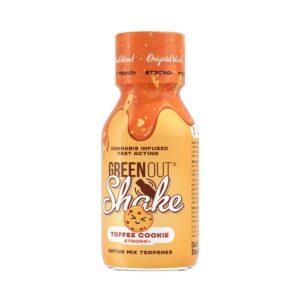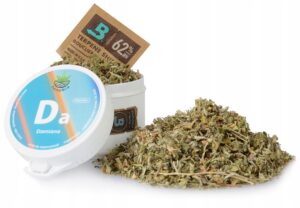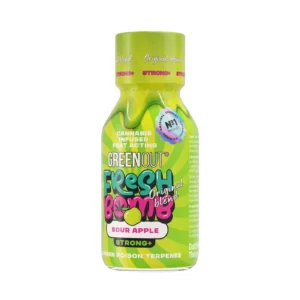Adaptogens increase the body's resistance to physical and psychological stress and its endurance. In animal studies, it has been shown that plant adaptogens can stimulate the body to produce a certain protein that stimulates the body's defensive response under stress and helps it recover from stress.
What are adaptogens?
Adaptogens are plant-based substances that increase non-specific resistance to physical, biological, chemical and mental stress, as well as concentration, performance and endurance when the body is already in a state of fatigue. The mechanism of action of adaptogens is partly related to the hypothalamic-pituitary-adrenal (HPA) axis, which is associated with the stress response (affects the functioning of the nervous, cardiovascular, immune, digestive and endocrine systems).
Adaptogens are pharmacologically active compounds or plant extracts from various classes of plants and fungi. Consumption of adaptogens is associated not only with improved ability of the body to adapt to stressful conditions and maintain/normalize metabolic functions, but also with improved mental and physical performance.
There are two main classes of adaptogens. The first class includes plant and fungus-derived adaptogens, while the second class includes synthetic adaptogens (actoprotectors).
Plant adaptogens have been used for centuries, but attempts to scientifically explain their mechanism of action on the human body began relatively recently. Research is still needed to confirm and expand the knowledge on adaptogens accumulated so far, but it is already known that they have promising potential for wider applications in the future.
Plant adaptogens have a rich phytochemical composition. Some of the most important phytochemicals with adaptogenic properties are:
- triterpenoid saponins,
- phytosterols and ecdysone,
- lignans,
- alkaloids,
- flavonoids,
- vitamins.
Adaptogens for body endurance and stress
Effect of adaptogens in a physically and emotionally demanding situation studied On mice. The animals were administered a fixed combination of three natural plant extracts Eleutherococcus senticocus, Schisandra chinensis and Rhodiola rosea, which contained such compounds as eleuterosides, schisandrins, salidroside, tyrosol for 7 days. The animals were divided into groups and the efficacy of 3 different doses of the formulation (30, 90 and 180 mg/kg body weight) was tested.
After a week, they were subjected to a forced swim test to exhaustion. Mice that received adaptogens showed significantly (up to 7 times, depending on the dose) greater endurance. Studying the animals, the researchers concluded that adaptogens increased the body's defensive response to the stress.
They measured the serum concentration of a certain protein (Hsp72), whose function, among other things, is to increase tolerance to stress, both emotional and physical, associated with overloading the body with exercise.
Mechanism of action of adaptogens on stress
According to the researchers, one of the mechanisms of action of adaptogens may be to stimulate the production and release of this protein into the bloodstream, i.e. mediating the stress response and increasing the body's endurance, including by participating in the process of protein repair during physical stress.
The Hsp72 protein plays an important role in the mechanism of removing from the cell proteins deformed by stress or improperly synthesized, which would otherwise interfere with normal cellular function. That is: this protein is important for maintaining cellular balance and protecting the cell from stressful conditions, and thus enhances cell survival in the face of otherwise lethal cellular stress.
The release of this protein into the blood occurs naturally as a result of exposure to stressful factors (physical or psychological). Assuming that the levels of this protein are higher due to the systematic use of adaptogens, the body's defense response to stress can be more effective, which translates into our greater endurance.
Sources:
- Oliynyk S et al, The pharmacology of actoprotectors: practical application for improvement of mental and physical performance. Biomol Ther (Seoul), 2012: https://www.ncbi.nlm.nih.gov/pmc/articles/PMC3762282/
- Todorova V et al, Plant Adaptogens-History and Future Perspectives, Nutrients 2021: https://www.mdpi.com/2072-6643/13/8/2861
- Panossian A et al, Adaptogens exert a stress-protective effect by modulation of expression of molecular chaperones. Phytomedicine 2009: https://www.sciencedirect.com/science/article/abs/pii/S0944711308002250








